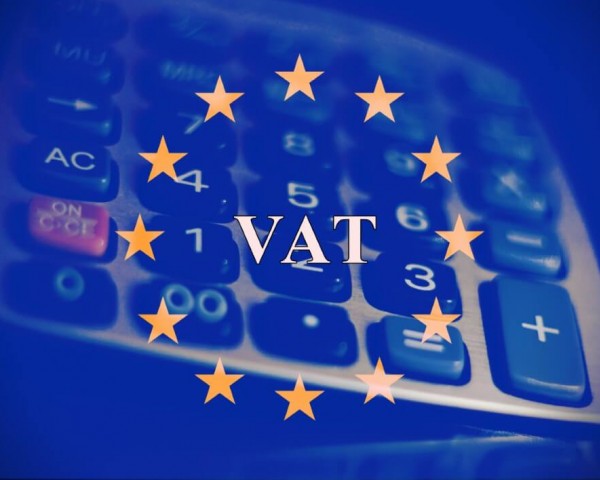Uber drivers and Airbnb hosts are typically considered small business owners and often do not pay VAT (Value Added Tax). However, according to plans from the EU, this situation may change in the future. A new digital system is being designed to facilitate VAT collection and to fight against fraud. Nevertheless, this initiative is still a few years away from becoming a reality.
The EU member states have agreed on new rules for digitizing the common VAT system. According to the Council of Member States, these measures aim to combat tax evasion, reduce business bureaucracy, and promote digitalization. The agreement was reached during a meeting of EU finance ministers in Brussels.
The new regulations particularly affect online platforms like Airbnb and Uber. Many providers of accommodation or transportation services often do not pay VAT because they are small businesses or individual providers, such as an Uber driver or a landlord renting out an Airbnb apartment. This situation results in substantial amounts of VAT not being collected, which can create unfair competition between traditional services and those offered through digital platforms.
Under the new rules, platform operators will be responsible for VAT collection. The platforms will now collect the VAT directly from customers and remit it to the tax authorities.
A new digital real-time VAT system for electronic invoicing will be implemented by 2030. By 2035, all existing national systems are expected to be interoperable with this new framework. According to the Council, “This will provide member states with fast and comprehensive information that they can use to fight against fraud.”
Previously, companies were required to prepare summary reports for cross-border transactions monthly or quarterly. This practice created a loophole that fraudsters could exploit, making it difficult for authorities to detect suspicious or fraudulent transactions quickly. Additionally, companies stand to benefit from the digitization of these processes. The EU Commission proposed this package of measures at the end of 2022, and it is now awaiting consideration by the EU Parliament.












